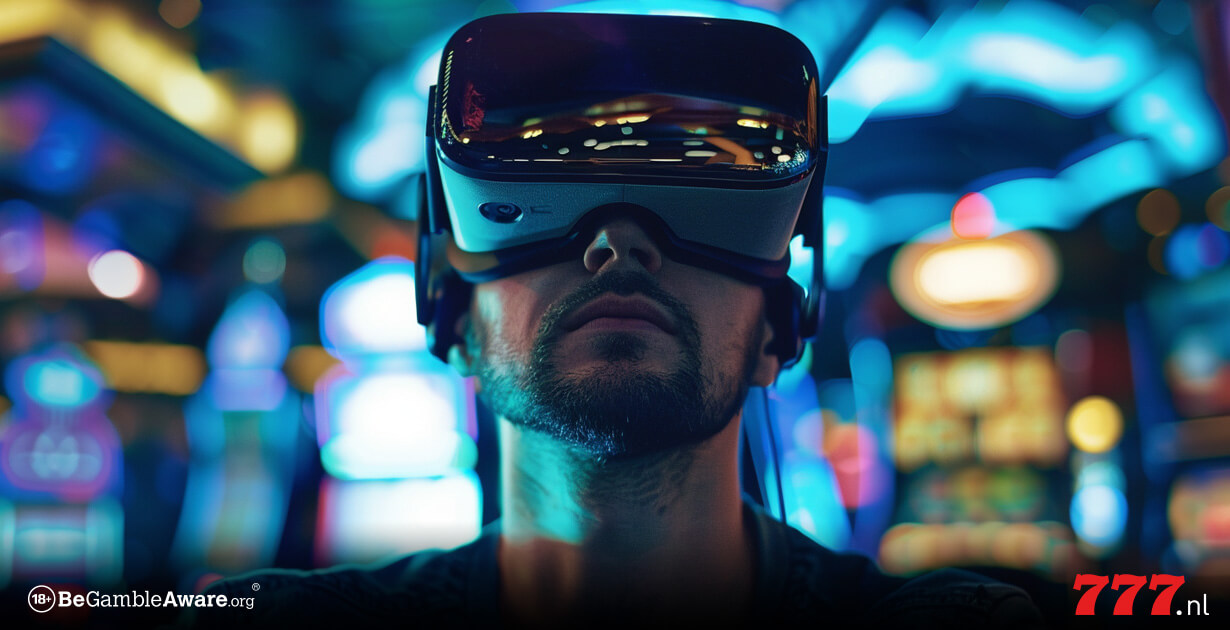In the world of online casinos, it is essential to strike a balance between fun and responsibility. Players must be aware of the risks associated with gambling, and the industry itself plays a vital role in ensuring player protection. Over the past few years, technology has played a key role in promoting responsible gambling, with new innovations and tools being developed to monitor and regulate gambling behaviour. This article will explore the latest developments in responsible conduct of gambling and the crucial role technology plays in safeguarding players.
What is Responsible Gambling?
Responsible gambling refers to promoting safe gambling practices where players remain within their financial and emotional boundaries. The goal of responsible gambling is to prevent and minimise gambling addiction. It includes initiatives to ensure that players are aware of their gambling behaviour and have access to tools that help them take responsibility for their activities. Technology plays a key role in this, by using automated processes and systems to support players in setting limits and recognising risky behaviour.
How Technology Improves Player Protection
The rise of advanced technologies has drastically changed the way players are protected. Where human intervention was previously required, automated systems can now monitor players in real-time and provide assistance. For example, artificial intelligence (AI) and machine learning analyse gambling behaviour to identify potential problems before they escalate. An online casino uses these technologies to detect when a player exhibits unusual behaviour, such as frequent deposits or extended gaming sessions without breaks. This type of proactive monitoring helps protect players from gambling problems and gives them the opportunity to intervene in a timely manner.
Self-Exclusion and Setting Limits
One of the most significant technological innovations in responsible gambling is the ability for players to self-exclude from gambling or set limits. Many online casinos provide tools that allow players to set how much they can deposit, wager, or lose within a certain period. These limits can often be adjusted according to the player’s preferences, but they are also designed to protect players from impulsive behaviour.
Self-exclusion is another effective measure, where players block access to their account for a specific period. This can range from a few days to months or even permanently, depending on the player’s needs. These systems are enabled by advanced software that tracks player data and ensures self-exclusion is strictly enforced.
Real-Time Monitoring and Feedback Systems
Technology also makes it possible to provide real-time feedback to players, helping them remain aware of their behaviour. Some systems send alerts to players when they reach a certain time or spending limit, reminding them to gamble responsibly. These alerts can be as simple as a warning when a player reaches a pre-set limit, or they can offer more complex insights, such as a detailed overview of recent gambling activity.
Additionally, there are tools that send players periodic reports about their activities. These reports give insights into their gambling patterns, including the amount of time spent on the platform and the total amount wagered. This kind of real-time monitoring and feedback can help players make better decisions and gamble more responsibly.
Blockchain and Transparency in the Gambling Industry
Blockchain technology, widely known for cryptocurrencies such as Bitcoin, is now also being used for responsible gambling. This technology can contribute to greater transparency within the gambling industry by enabling players to track and verify every transaction. This ensures that both players and operators can trust in fair and secure processes. Additionally, transactions conducted through blockchain are difficult to manipulate, further strengthening player protection.
With blockchain, players also retain control over their gambling history, making it easier to view and manage personal gambling data. This not only enhances the integrity of online casinos but also gives players greater insight into their gambling behaviour.
AI and Machine Learning: The Future of Player Protection
One of the most promising applications of technology in responsible gambling is the use of artificial intelligence (AI) and machine learning. These systems can analyse vast amounts of data and detect patterns that humans may overlook. AI can predict gambling behaviour and warn of potential problems before they arise.
For instance, by analysing a player’s gambling behaviour, AI can predict if a player is at risk of developing a gambling addiction. This allows online casinos to intervene early and offer personalised assistance. It is a way to provide preventative protection, which is essential in the fight against problem gambling.
Conclusion: The Vital Role of Responsible Gambling Technology
Technological advancements offer unprecedented opportunities to protect players and promote responsible gambling. By combining real-time monitoring, AI, blockchain, and educational programmes, players are supported in maintaining healthy gambling habits. Online casinos, such as Casino777.nl, play a key role in integrating these technologies and continuously innovating to provide the best possible player protection.
Frequently Asked Questions About How Technology Can Contribute to Responsible Gambling
1. What is responsible gambling and why is it important?
Responsible gambling means playing within your financial and emotional limits. It helps prevent gambling addiction and supports players in maintaining healthy gambling habits.
2. How does technology help with responsible gambling?
Technology plays a crucial role in responsible gambling through the use of advanced tools such as artificial intelligence, machine learning, and real-time monitoring. These systems analyse players’ gambling behaviour, detect patterns, and send alerts when necessary. Additionally, many online casinos offer tools that allow players to set limits on deposits, bets, and playtime to maintain control over their gambling habits.
3. What is self-exclusion and how does it work?
Self-exclusion allows players to temporarily or permanently block access to their accounts, helping to prevent excessive gambling.
4. What role does blockchain play in responsible gambling?
Blockchain provides transparency and security by verifying every transaction. It gives players more control over their gambling history and prevents data manipulation.
5. How can AI and machine learning protect players from gambling addiction?
AI detects risky gambling behaviour and alerts casinos to provide early help, preventing gambling problems from escalating.



